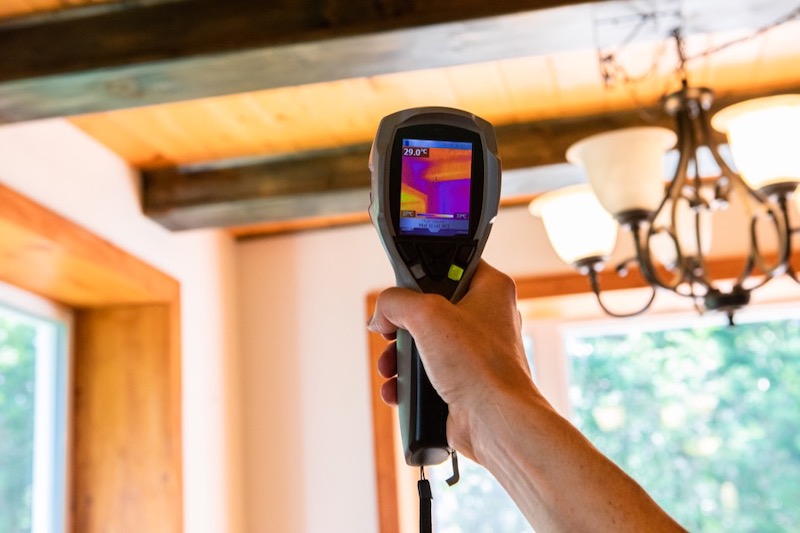Do Air Purifiers Really Work? We Tested 4 Popular Brands

Many people who suffer from allergies and asthma swear by air purifiers in their homes, and many more just want to breathe easier. What they don’t know, however, is that there are many types of air purifiers on the market—each promising better air quality and superior health benefits—but how do you know which one will work best in your home? To answer that question, we tested four of the most popular brands to see which ones live up to their claims and which ones fall flat on their face (no pun intended).
The types of pollution inside
Carbon Monoxide, Pesticides, Dust, Odors, and more. Air purifiers are great at removing these things from your indoor air. So what do we do when we get an air cleaner? Before running out and buying a big bulky air filter as our dad had in his shop (which probably did help him breathe better, who knows), you should do some research and make sure that you’re getting a product that fits your specific needs. The first thing to look at is whether it’s rated for pollen or not. These types of filters are often referred to as HEPA filters or allergy-free filters because they can remove particulates such as pollen from inside your home.

The benefit of indoor air quality
Despite air purifier sales making people a lot of money, some of these devices do indeed remove particles from your indoor air. Many purifiers use filters to clean indoor air, trapping pollutants in one place instead of dispersing them throughout your home. The luftrenare bäst i test we want to get rid of indoors are dust, pet dander, and pollen. A small number of these particles can aggravate symptoms in people with asthma or allergies; some even promote lung cancer and cardiovascular disease among people who smoke and have the chronic obstructive pulmonary disease (COPD). A high-quality HEPA filter is effective at removing pollutants such as these from your indoor air.
How an air purifier works
Air purifiers work by attracting particles through a negatively charged mesh that sits in front of a fan. The mesh attracts most particles; air purifiers use fans to suck air through that mesh. Some products also have a carbon filter to absorb more particles, but depending on your pollution problem, that extra layer can be unnecessary. According to our air cleaner test, we found room air cleaners are an effective addition to homes with smokers or those living in very polluted areas. However, they are not necessary for all households. Like many other lifestyle choices, it depends on what’s important to you and your health (or family member’s health) goals.
How we tested the four most popular brands
For our comparison of air purifier brands, we tested four air cleaner models on two levels. First, each model was tested in a 400-square-foot room to determine how much pollution it could remove. Next, we tested those same models by circulating air through HEPA filters for four hours at a time, and then bäst i test luftrenare the amount of particulate material (in micrograms) that had been removed from the air over time. The Honeywell HFD-120 was found to be worth its price tag and removes nearly 99 percent of all particulate matter from room air within four hours. Overall, an air purifier is definitely worth your money if you have allergies or suffer from any respiratory ailments as they help make breathing easier.